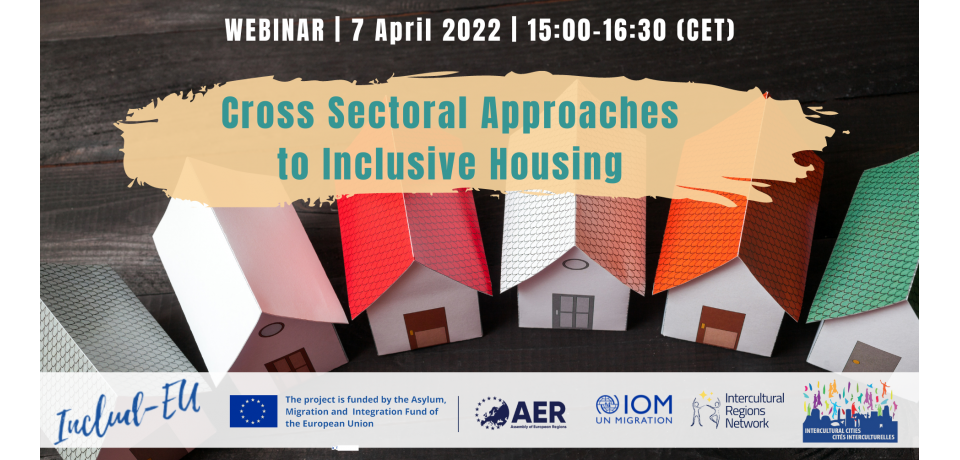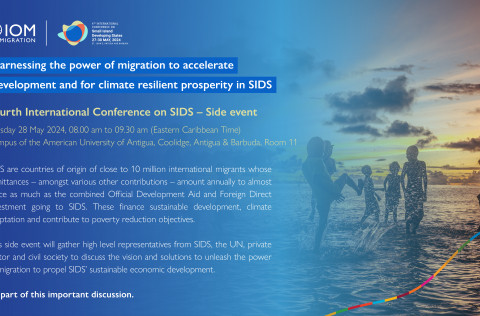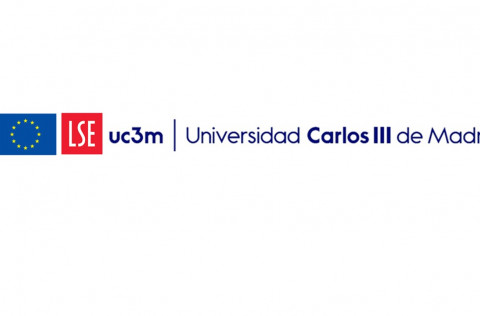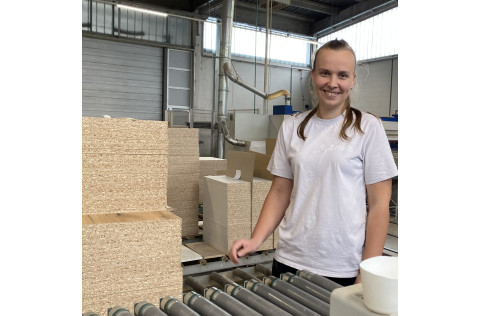Includ-EU webinar: Cross-sectoral approaches to inclusive housing
Building inclusive societies for all
The EU action plan on integration and inclusion states that:
"Inclusion for all is about ensuring that all policies are accessible to and work for everyone, including migrants and EU citizens with migrant background. This means adapting and transforming mainstream policies to the needs of a diverse society, taking into account the specific challenges and needs of different groups."
In the field of housing, the European Commission aims to achieve the following:
- Migrants and EU citizens with a migrant background have access to adequate and affordable housing, including social housing.
- Member States and local and regional authorities have access to a wide range of tools and good practices to fight discrimination on the housing market.
- Innovative housing solutions that foster inclusion and fight segregation are widely used across the EU.
A central role for local & regional authorities
Integration happens in every village, city, and region where migrants live, work and go to school or to a sports club. The local and regional levels play a key role in welcoming and guiding newcomers when they first arrive in their new country. In addition, civil society organisations and migrants themselves play a key role in achieving a truly effective and comprehensive integration policy.
The intercultural approach to policymaking as defined by the Intercultural Cities Programme of the Council of Europe is particularly useful to manage diversity positively and realise the diversity advantage.
Urban planning & inclusion
While a homogenous statistical mix of people in all neighbourhoods is not needed to make a territory intercultural, regions and cities need to make sure that ethnic concentration in a neighbourhood does not convert into socio-cultural segregation. Indeed this could act as a barrier to the inward and outward flow of people, ideas, and opportunities.
In recent years, many innovative housing solutions have been developed in several EU countries, including through EU funding. Partnership-based approaches, co-housing, and accompanying housing with employment and social services have proven to be particularly promising models that foster inclusion and community building.
Mutual learning for inclusive policies & practices
In the context of the Includ-EU project, AER is facilitating mutual learning between regional and local authorities across the European Union to improve inclusion policies and practices. This is done via a series of webinars and workshops.
The videos of previous webinars are available here:
–Intercultural Regions: Improving Access to Services
–Intercultural Regions: Improving Labour Market Inclusion
–Intercultural Regions: Active Participation & Social Inclusion
The first Includ-EU Regional Workshop focused not on discussing solutions but analysing and sharing problems and challenges in our ever-changing Europe, in a collaborative way, and with peer-to-peer dialogue.
The second Includ-EU Regional Workshop took place in the context of a two-day event on the Sustainable Development Goals and focused on two topics:
- Rethinking services & raising awareness on design in shaping more sustainable services
- how to counteract hate speech
Venice Workshop in June: Save the date!
The third Includ-EU Regional Workshop will take place on 14-15 June in Venice and will be organised in collaboration with the Generali Foundation, The Human Safety Net.



